Optimal Timing for Siding Service
Choosing the right time for siding service ensures optimal results and durability. Various factors such as weather conditions, temperature, and humidity influence the effectiveness of installation or repair projects. Proper timing can help prevent issues like warping, cracking, or improper adhesion.
Spring offers moderate temperatures and less humidity, making it ideal for siding work. It allows for thorough curing and minimizes weather-related delays.
Summer provides longer daylight hours but can be hot and humid. Proper planning ensures siding is installed during cooler parts of the day to prevent material warping.
Fall's cooler temperatures and lower humidity create favorable conditions for siding projects, reducing the risk of moisture-related issues.
Winter can pose challenges due to cold temperatures and snow. Siding installation during this time requires specialized techniques and equipment.
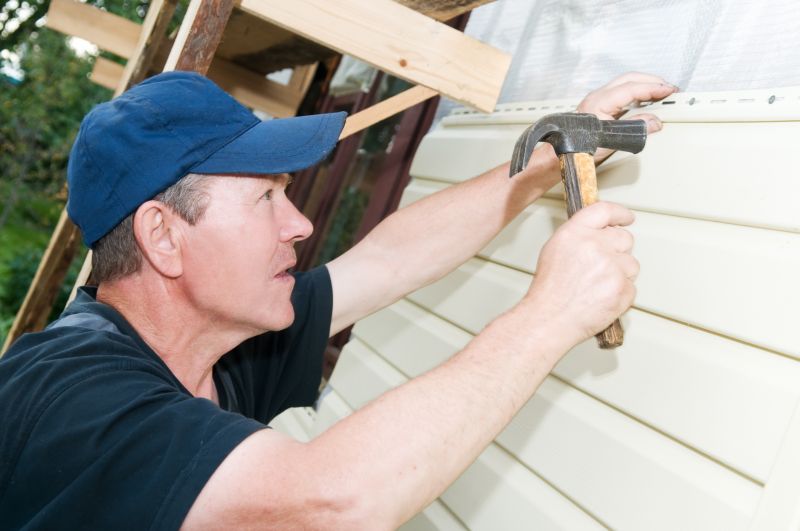
Workers installing siding during spring in moderate weather conditions.
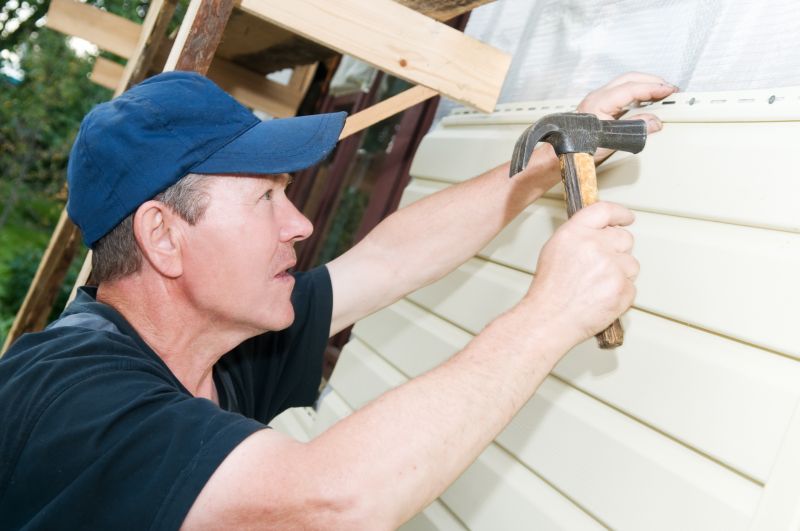
Crew performing siding repairs on a sunny summer day.
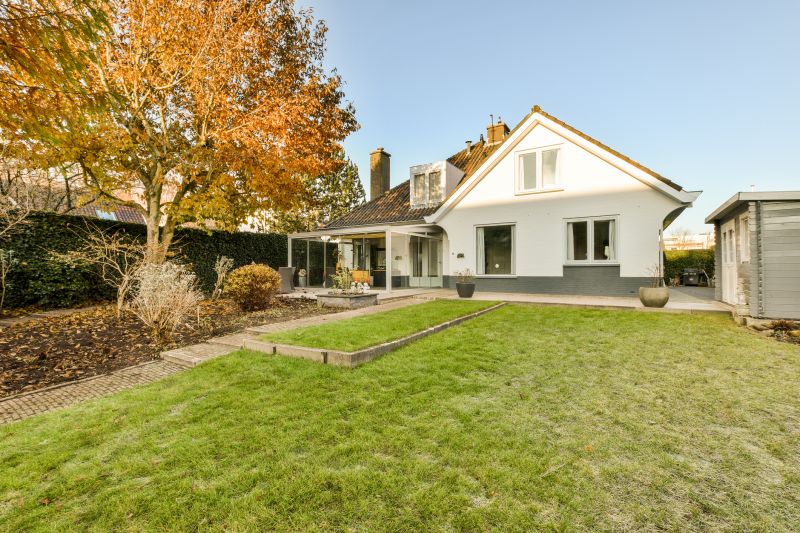
A house with new siding during the fall season.
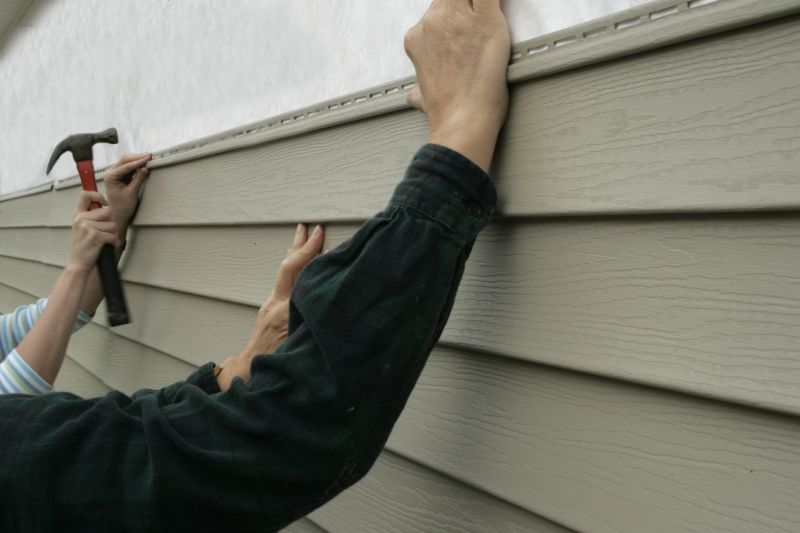
Preparations for siding installation in winter conditions.
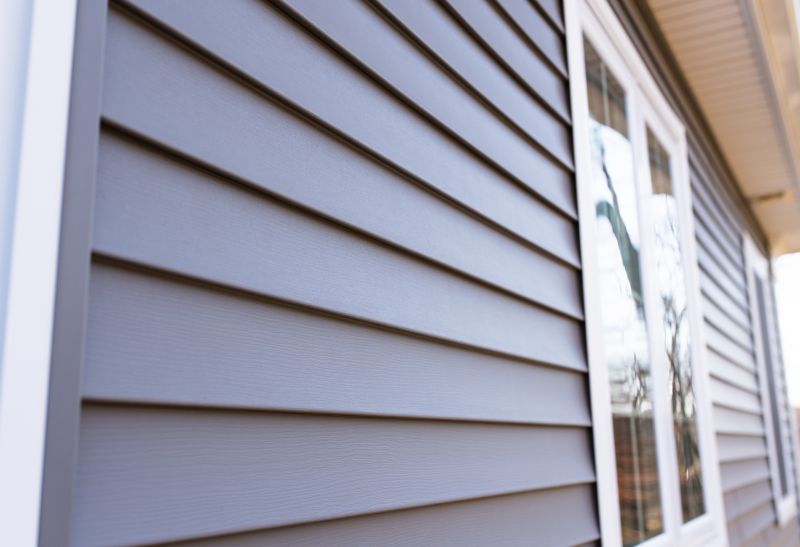
Different types of siding materials used in various seasons.
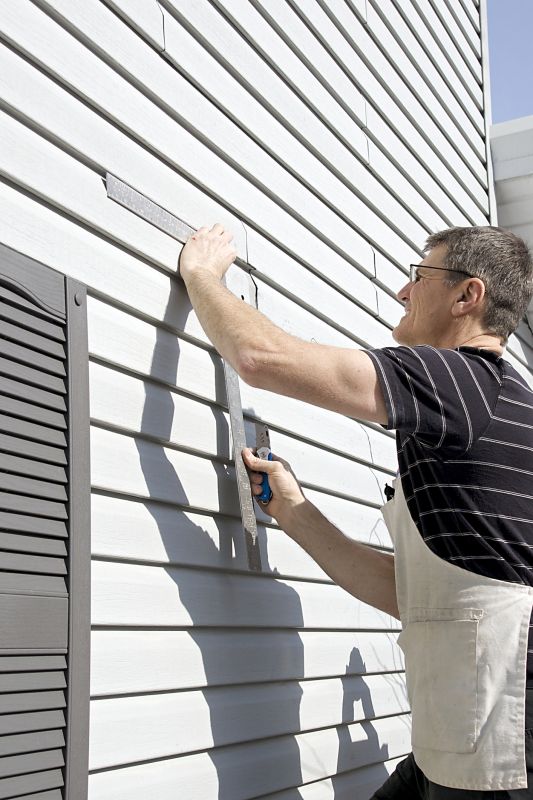
Inspecting siding for damage or installation quality.
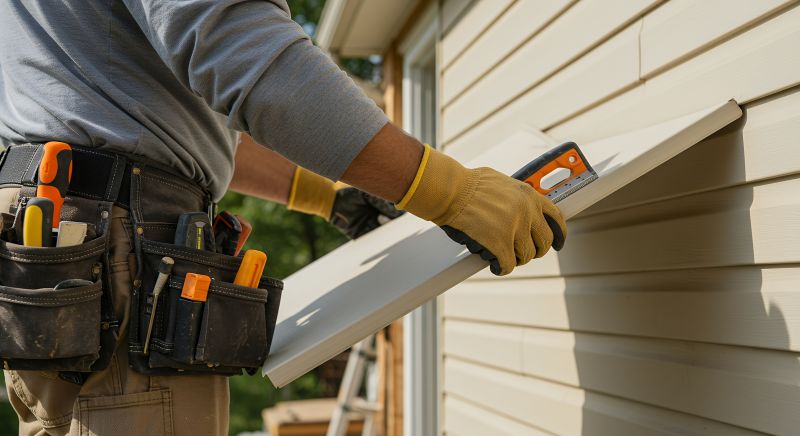
Professional team working on siding installation.
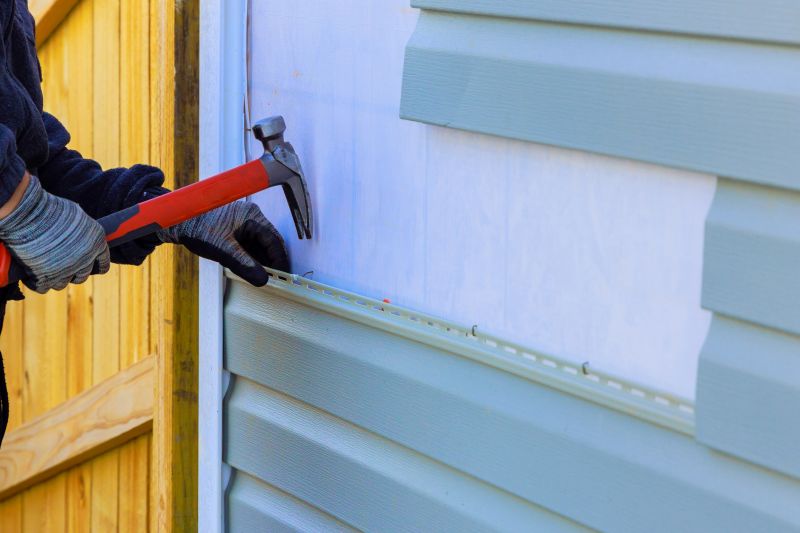
Completed siding project enhancing curb appeal.
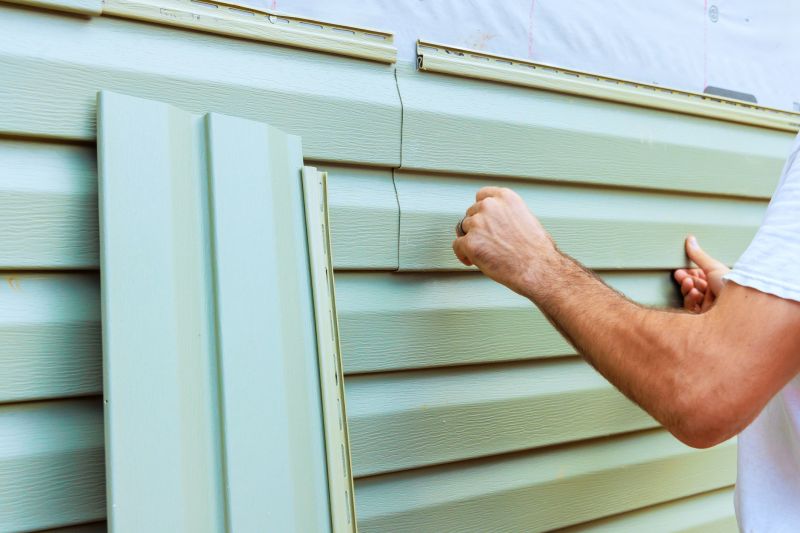
Routine maintenance to prolong siding lifespan.
| Season | Best Conditions for Siding Service |
|---|---|
| Spring | Moderate temperatures, low humidity, ideal for installation. |
| Summer | Long daylight hours, but requires scheduling during cooler parts of the day. |
| Fall | Cooler weather and low humidity support quality installation. |
| Winter | Challenging due to cold and snow, requires specialized techniques. |
Siding service involves the installation, repair, and maintenance of exterior wall coverings that protect buildings and improve their appearance. Proper timing ensures that materials adhere correctly and that the siding performs as intended over time. Weather conditions significantly impact the quality of installation, with ideal conditions promoting longer-lasting results.
Statistics show that siding installed during optimal weather conditions tends to have fewer issues related to warping, cracking, or moisture intrusion. For example, siding installed in temperatures between 50 and 85 degrees Fahrenheit with low humidity can extend its lifespan by reducing material stress. Regular maintenance and timely repairs also contribute to maintaining the structural integrity and aesthetic appeal of the siding.
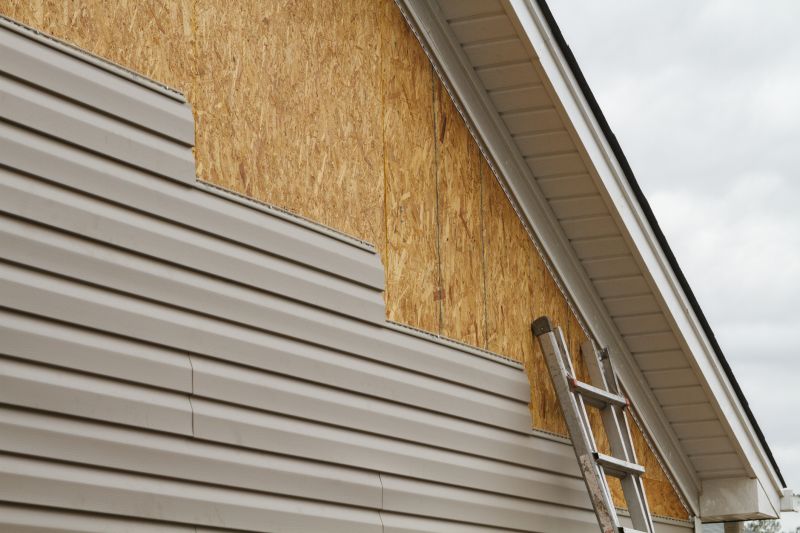
Professional siding installation during favorable weather conditions.
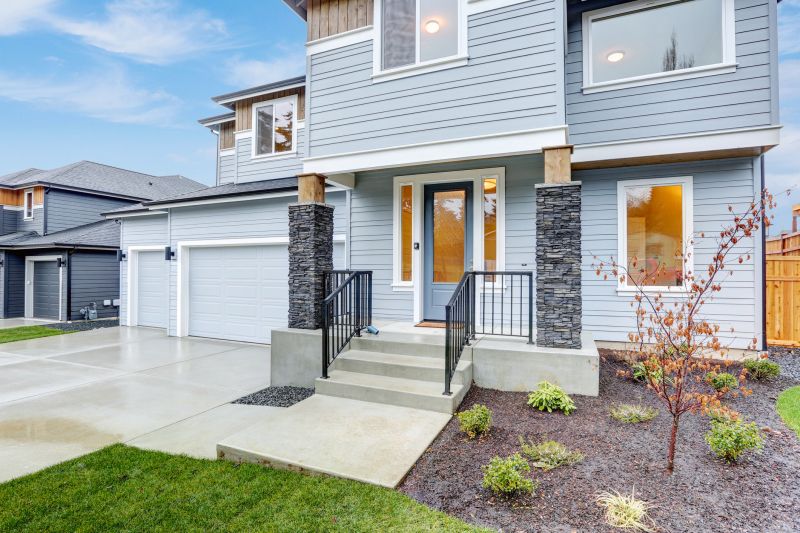
A home with new siding enhancing curb appeal.
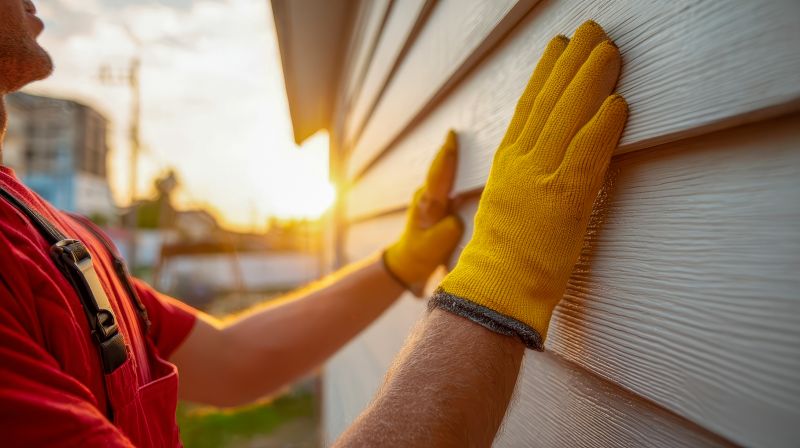
Routine siding inspection and maintenance.
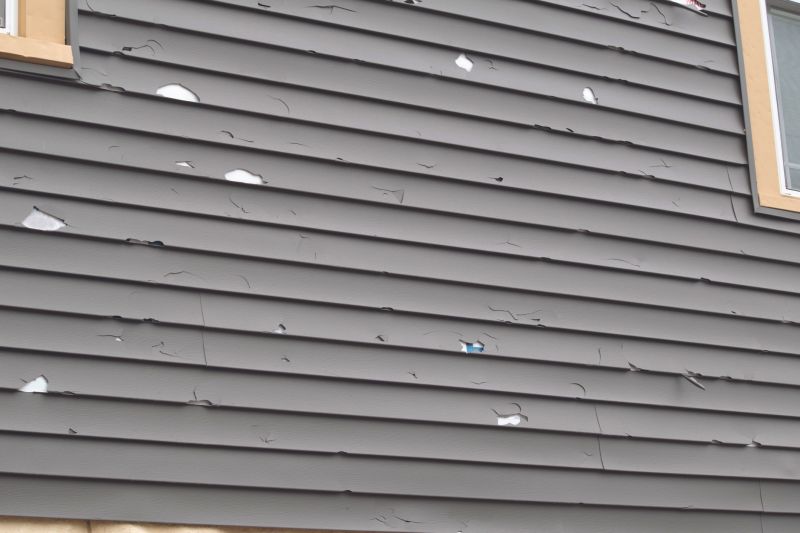
Repairing damaged siding to restore functionality.
Those interested in scheduling siding service are encouraged to contact for more information. Proper timing, combined with professional installation and maintenance, can significantly extend the life and appearance of siding, providing long-term value and protection for properties.

